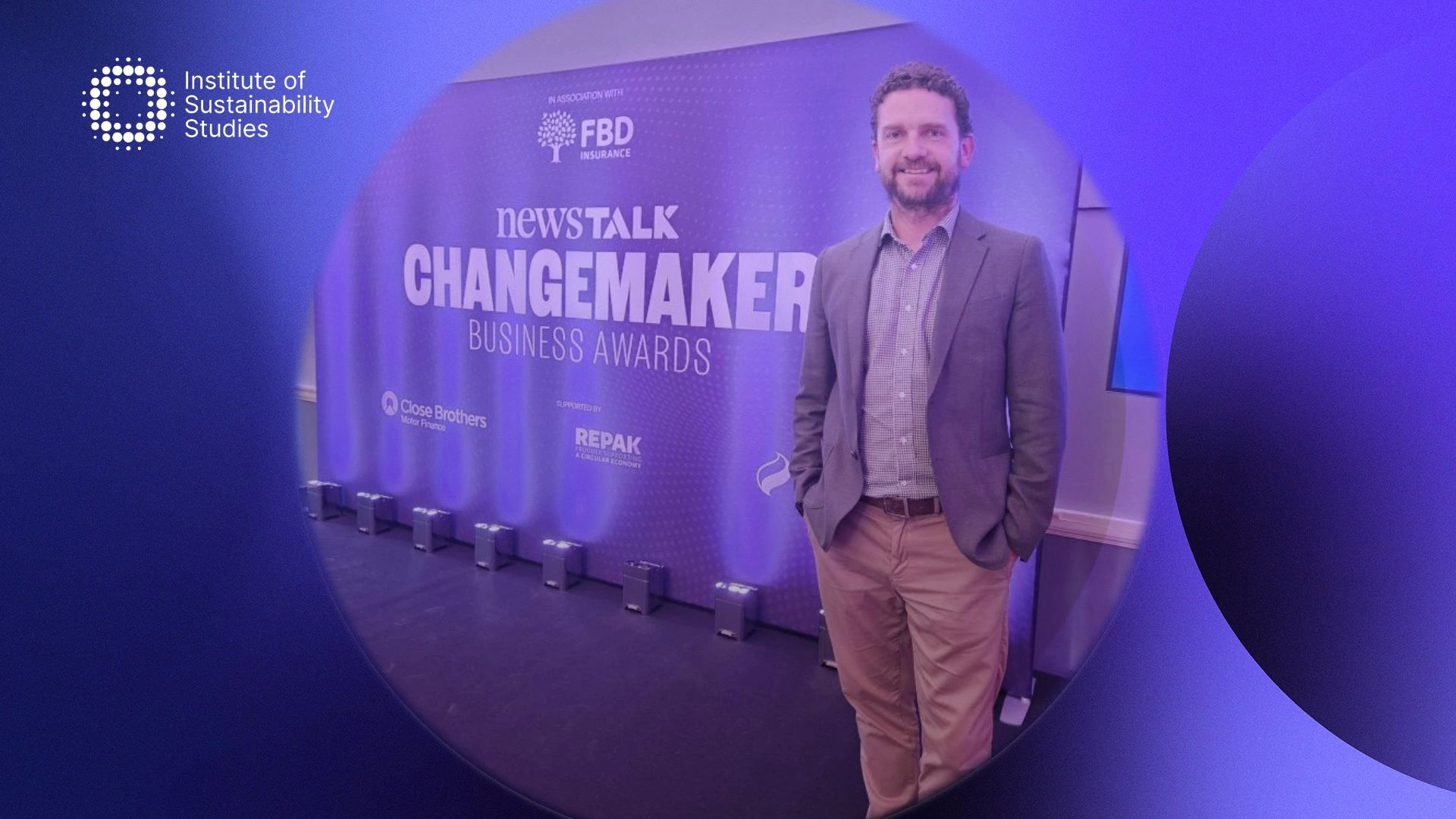In today’s competitive business world, sustainable marketing trends should be a cornerstone of any corporate sustainability strategy. One study found that over half of consumers (58 percent) are willing to spend more money on products that are deemed sustainable or eco-friendly.
Sustainable marketing is more than a buzzword; it has the power to propel society towards a sustainable future by influencing awareness, aspiration, adoption, and action. Keep reading as we dive into the future of sustainable marketing and share some trends and predictions.
Sustainable marketing trends
Paying attention to the top sustainable marketing trends can guide businesses on how to shape their strategies to avail themselves of the many benefits of green marketing. Below are some of the main sustainable marketing trends that have dominated the year so far.
The rise of green technologies
The rise of green technologies marks a significant trend in sustainable marketing, reflecting an increasing commitment to eco-friendly practices across industries. Businesses are striving to reduce their carbon footprints and enhance environmental responsibility.
Therefore, it is no surprise that green technology solutions such as renewable energy sources and sustainable materials have become critical elements of marketing strategies. Leveraging these technologies in marketing initiatives helps companies position themselves as leaders in sustainability, appealing to a broader, more environmentally conscious audience.
The growth of transparency and authenticity
The increasing demand for transparency and authenticity in business operations is one of the pivotal sustainable marketing trends. Today’s consumers expect companies to provide clear, verifiable information about their sustainability efforts.
This push for transparency is prompting businesses to adopt more genuine and accountable marketing practices. Some of these practices include using third-party certifications and offering detailed sustainability reports. By embracing transparency, companies not only meet consumer expectations but also build trust and loyalty, which are crucial for long-term business sustainability and success.
Circular economy principles being embedded in marketing
The integration of circular economy principles into marketing strategies represents a key trend in sustainable marketing, as businesses increasingly adopt models that emphasise resource efficiency and waste reduction. By promoting products and services designed for reuse, recycling, and extended life cycles, companies are aligning their marketing messages with sustainable practices that appeal to environmentally conscious consumers.
This approach not only highlights the environmental benefits of such products but also positions brands as responsible and forward-thinking. Marketing that focuses on circularity often involves educating consumers about product life cycles, the importance of recycling, and the ways in which companies are reducing their ecological footprints. Such strategies reinforce brand loyalty among consumers who prioritise sustainability and are looking for brands that contribute positively to the environment.
The move towards sustainable consumerism
The shift towards conscious consumerism is one of the central sustainable marketing trends. It is driven by heightened awareness of global environmental issues and a collective push for social responsibility.
In response, companies are aligning their marketing strategies with these values and promoting products that offer sustainability credentials. By focusing on these aspects, businesses not only cater to the demands of the eco-conscious consumer but also foster a brand image that is synonymous with sustainability. These sustainable marketing strategies help attract a loyal customer base and set a standard in the market.
Digital platforms are being leveraged to promote sustainability
Digital platforms are increasingly pivotal in promoting sustainability, serving as a key trend in sustainable marketing. These platforms provide businesses with the tools to reach a wide audience efficiently and cost-effectively, while also offering the capability to engage in real-time and create a community around shared values of sustainability.
Social media, blogs, webinars, and virtual events are being used to educate consumers about sustainability issues and showcase eco-friendly initiatives and products. This approach enables transparency and instant feedback, enhancing consumer trust and participation in sustainability efforts. Additionally, it allows companies to measure the impact of their green marketing campaigns accurately.
The above trends can guide brands on how to communicate sustainability authentically with their audience. However, there are a number of negative green marketing trends like greenwashing and greenhushing that you should avoid.
Predictions for the future
The area of sustainable marketing is rapidly evolving. Now that you know the top sustainable marketing trends currently, let’s cast our minds to the future. Below are some predictions for the future of sustainable marketing.
Increased regulation and standards
As consumer demand for sustainable products grows, we can expect more stringent regulations and standards to emerge. This will likely include increased scrutiny of sustainability claims to prevent greenwashing, ensuring that marketing communications are not only compelling but also accurate and substantiated.
The integration of artificial intelligence
AI will play a significant role in sustainable marketing by enabling more personalised consumer experiences and optimising resource use in marketing campaigns. AI can help target consumers who are most likely to be interested in sustainable products, reducing waste in marketing budgets and increasing campaign effectiveness.
Virtual and augmented reality experiences
With technological advances, brands will likely use virtual (VR) and augmented reality (AR) to create immersive marketing experiences. These experiences will educate consumers about sustainability practices or show the impact of sustainable living, thereby enhancing engagement and understanding.
Expansion of eco-labelling
Eco-labelling will become more prevalent and detailed. It will move beyond simple badges to provide comprehensive information on a product’s environmental footprint. This could include detailed life cycle assessments and carbon footprint data, directly accessible through smart labels and QR codes.
Emphasis on local and hyper-local campaigns
There is a growing emphasis on reducing carbon footprints. With this in mind, we can expect green marketing strategies may shift towards promoting local products and services. Hyper-local marketing could also help in building community-based sustainability initiatives.
Conclusion
We’re currently standing at the cusp of a sustainability revolution and the role of marketing in shaping consumer behaviours and corporate practices cannot be overstated. The future of sustainable marketing looks bright as it focuses on authenticity, circularity, and technological integration.
Through assessing the above trends, there is also an unparalleled opportunity here for brands to lead by example. Sustainable marketing continues to evolve and if anything remains certain it is that sustainability is no longer just an option but a necessity that will define the business success stories of tomorrow.










